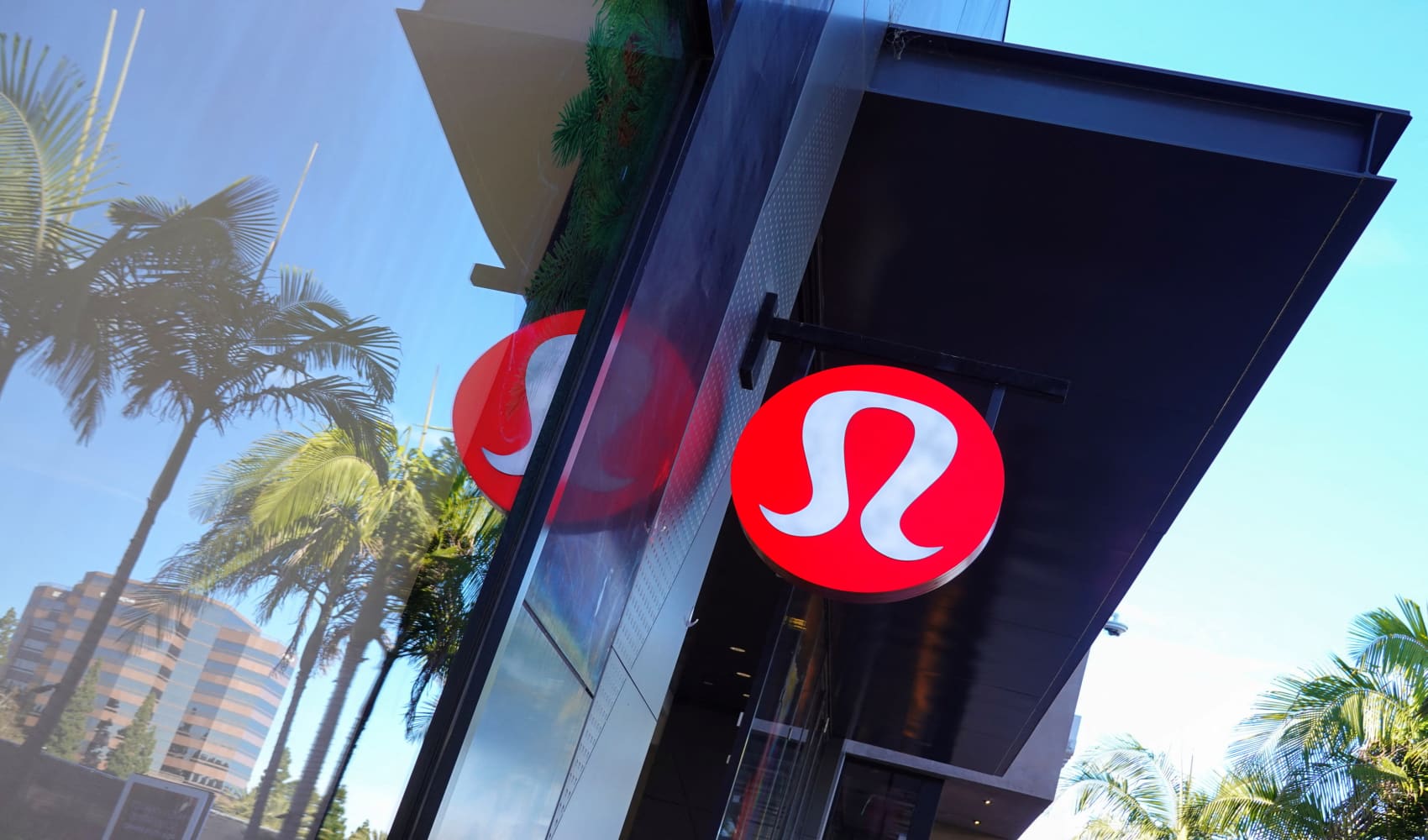(NECN: Jack Thurston, Colchester, Vt.) - The Vermont Employee Ownership Center held its twelfth annual conference on employee ownership of businesses Tuesday at St. Michael's College in Colchester, Vermont. Business owners, employees, advisors, and others aimed to educate companies about the option of leaving the futures of their companies in the hands of their staffs.
The step is most commonly taken by business owners approaching retirement who want to see their firms continue under knowledgeable, existing teams, said Don Jamison of the Vermont Employee Ownership Center.
"We're just exploring different options," said conference attendee Allison Hooper, the co-owner of the central Vermont company Vermont Creamery. "We just want to understand how it works."
For 30 years, Hooper has been producing award-winning butter, goat cheeses, and other dairy products at Vermont Creamery. The company employs more than 50 people, she said. Hooper told New England Cable News she now is starting to think about what's next for the company, and whether or not an employee ownership situation is appropriate. "We're Vermont-based and would like to stay that way," Hooper said.
According to the National Center for Employee Ownership, about 12,000 companies in the United States, employing 11-million Americans, have embraced Employee Stock Ownership Plans, commonly known as ESOPs, or other similar trust-based plans. The concept can motivate and reward employees, the NCEO noted on its website, and be used to take advantage of borrowing incentives in pretax dollars. In almost every case, ESOPs are a contribution to the employee, the NCEO said.
"The company's having a record year right now," said Steve Voigt, the CEO of the 220-year-old baking brand King Arthur Flour, based in Vermont. "We've all been in retail establishments where you know somebody really isn't an engaged employee. [At King Arthur Flour], our employees in our store and on our phones, as well as in our R&D labs, they're all owners of the company. We all own it together."
According to King Arthur Flour's website, the company's previous owners sold to their employees in 1996 through an Employee Stock Ownership Plan. The website noted that 11 years later, "King Arthur Flour became a founding B (Beneficial) Corporation, changing its bylaws to reflect its commitment to all stakeholders, including shareholders, business partners, the community, and the environment."
Business
Voigt told NECN the transition to an employee-owned company produced a re-energized team committed to growing the brand. He said he is so convinced of the model's effectiveness, he will step down as CEO at the end of this month, and will work to spread the concept elsewhere.
"This model is the right thing for the country," Voigt said. "And I want to have a broader impact than I can have being the CEO of King Arthur, which has been a fabulous company to be a CEO for."
This week, Sen. Bernie Sanders, I-Vt., announced new legislation to encourage employee ownership. Through one bill, the U.S. Labor Dept. would provide funds to states to set up training and technical support centers to promote employee ownership and educate companies about the model, the office of Sen. Sanders said.
Another bill would create a bank to provide loans to workers who want to purchase businesses through an ESOP or a worker-owned cooperative. A news release from the office of Sen. Sanders noted that Sen. Patrick Leahy, D-Vt., is a cosponsor of Sanders' legislative package.
"At a time when corporate America is outsourcing millions of decent-paying jobs overseas and with the economy continuing to struggle to create jobs that pay a livable wage, we need to expand economic models that help the middle-class," Sanders said in a written statement included in the news release. "I strongly believe that employee ownership is one of those models."
The Vermont Employee Ownership Center pointed to national data provided by the National Center for Employee Ownership to indicate the economic strength of the concept. According to the NCEO, owners who are employees were four times less likely to be laid off during the recent economic downturn. Employee-owners receive higher wages, and have more in their retirement accounts, the NCEO added.
"It roots the company in the community," said Don Jamison of the Vermont Employee Ownership Center.
Jamison said studies have shown employee ownership improves productivity and loyalty, reduces absenteeism, and increases sales. He also said tax benefits are positive for both sellers and the new employee-owned companies. "The typical Vermont company, which is a closely held company, not a publicly-traded company, but just held by a few individuals-- most of those companies really could be employee-owned companies, at least partially," Jamison said.
However, Voigt acknowledged that the idea is not for everyone. He suggested that with some capital-intensive firms, it may be hard to pay off ESOP debt with internally-generated funds. He also said highly-cyclical businesses with earnings volatility may make the concept a tricky one for some businesses to adopt.
Allison Hooper said she and her business partner have a lot to consider as they continue learning more about the idea of employee ownership. "It's a big step," she said. "If your company ever runs into difficult times, I think that that's something that we always have to keep in the back of our minds; how to manage that risk."
For up-to-the-minute news and weather, be sure to follow us on Twitter and like us on Facebook.



